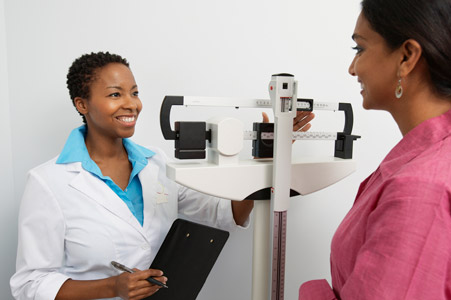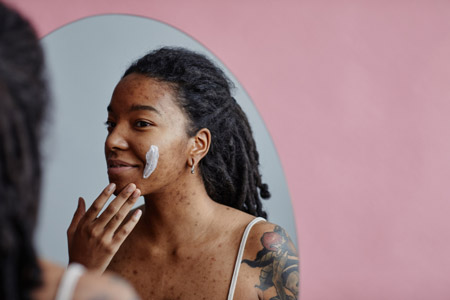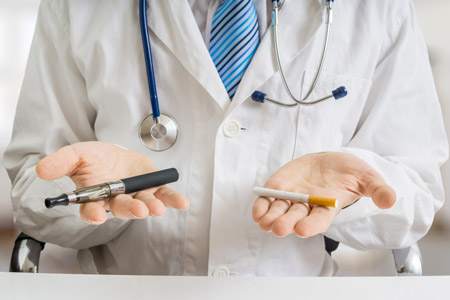

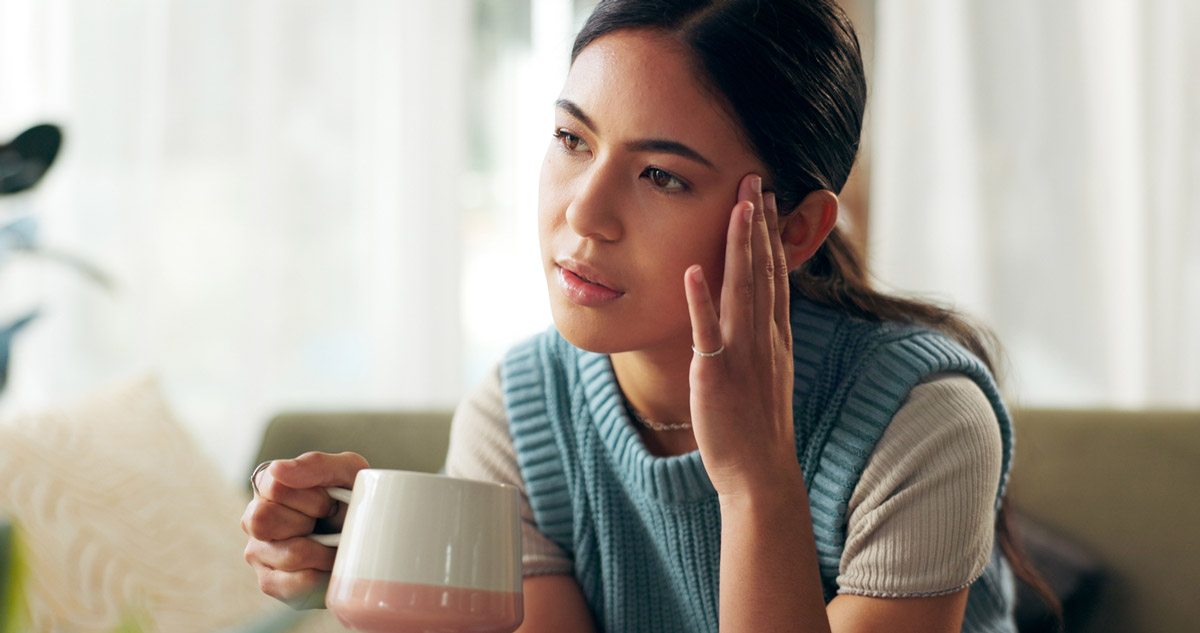
The Impact Caffeine Has on Headaches
Caffeine is a common ingredient in many of our daily routines, from the morning coffee that jumpstarts our day to certain medications, like Excedrin, that we take for pain relief.
Its relationship with headaches, however, is a double-edged sword that can either alleviate or trigger discomfort depending on the context and individual.
How Caffeine Works
For some, caffeine can be a quick remedy for headaches. It works by constricting blood vessels, which often expand during headache episodes. This is why caffeine is a key ingredient in many over-the-counter pain relievers, like Excedrin.
When combined with analgesics like aspirin or acetaminophen, caffeine can enhance their effectiveness by up to 40%. A cup of coffee or tea might also help you bounce back from a mild headache, particularly if caused by fatigue or lack of sleep.
How Caffeine Can Contribute to Headaches
On the flip side, caffeine consumption can also be a headache trigger, particularly when consumed in excess or irregularly. Over time, the body may develop a dependency on caffeine, leading to withdrawal headaches if intake is suddenly reduced.
These withdrawal symptoms can occur even after skipping just one daily cup. Additionally, excessive caffeine intake can lead to "rebound headaches," where overuse of caffeine or painkillers creates a cycle of recurring pain.
Consuming Caffeine Responsibly
To strike a balance, moderation is key. Most experts recommend limiting daily caffeine intake to about 200–400 milligrams, roughly equivalent to 1–3 cups of coffee. Being consistent with your caffeine habits can also help minimize withdrawal symptoms.
If you frequently experience headaches, it’s worth keeping a headache diary to track patterns and potential triggers, including caffeine. Consulting with a healthcare professional can provide further guidance tailored to your needs.
Understanding caffeine's impact empowers you to make informed decisions, improving both headache management and overall well-being.
The information on this site is for informational purposes only and should not replace direct medical advice, diagnosis, or treatment from your doctor or another qualified healthcare provider.
Sources:
“The caffeine connection between coffee and headaches.” UCLA Health.
“Excedrin Headache & Migraine Relief: Ingredients & Dosage Guidelines.” Excedrin.


.jpg)
.jpg)
.jpg)




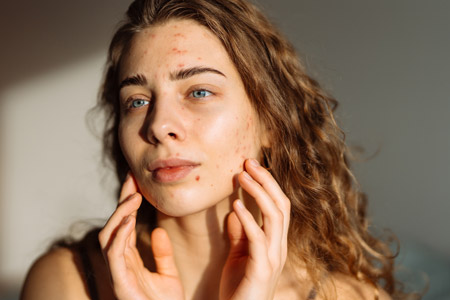













.jpg)





















.jpg)








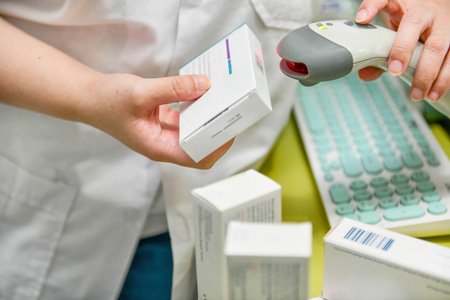
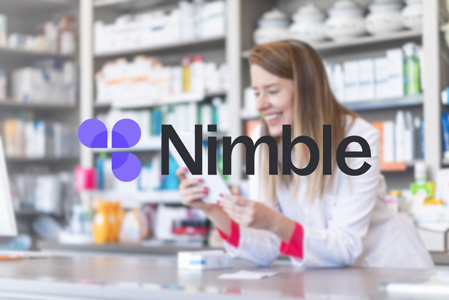




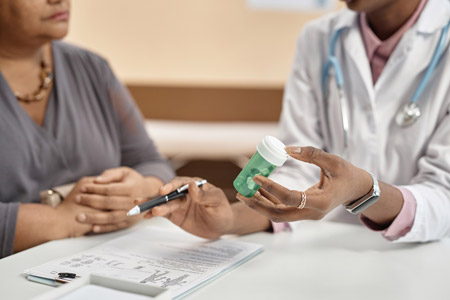


.jpg)
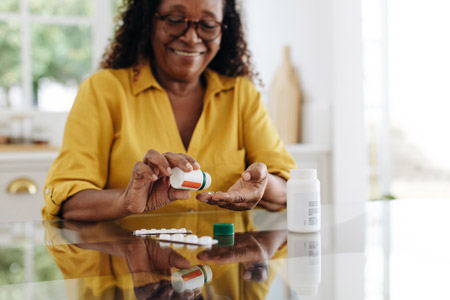
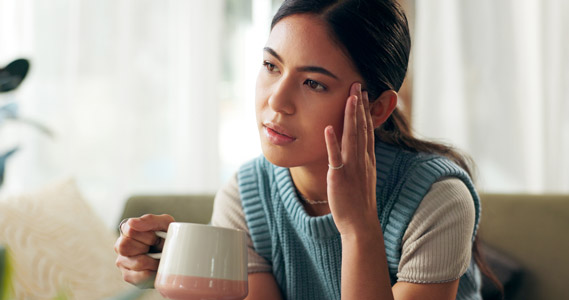
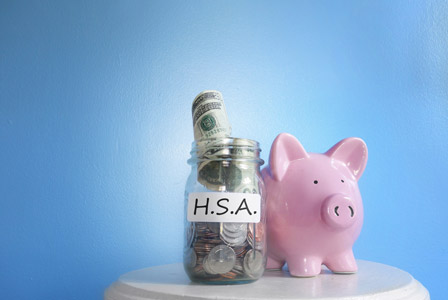
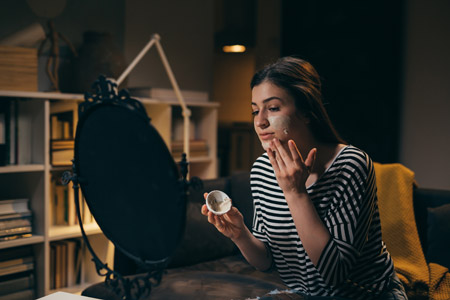
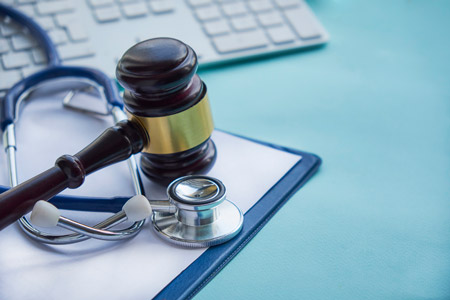





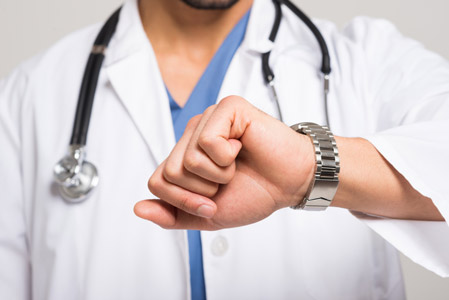

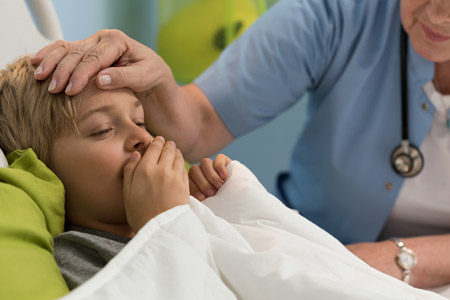
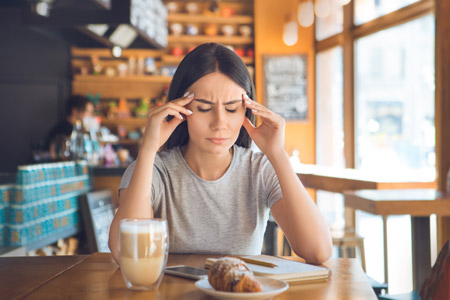


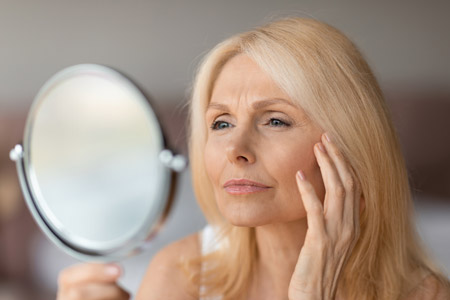

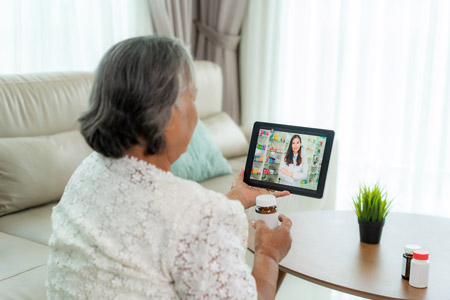



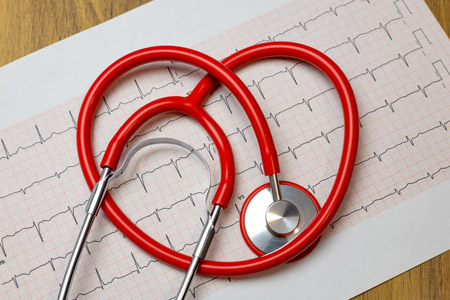

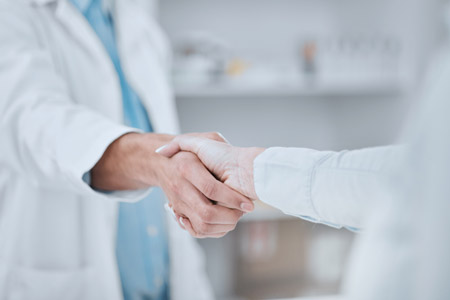
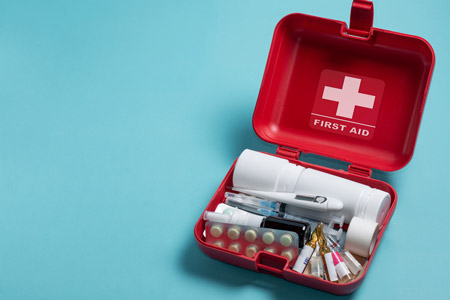
.jpg)
.jpg)
.jpg)


